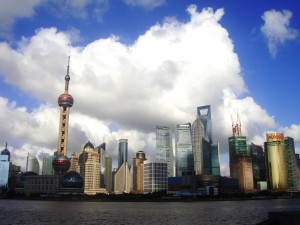“Go Ahead and Take Off, for as Long as You Like” curiously sparked my attention on Wall Street Journal’s homepage. Essentially, the article talks about how some employers from small companies offer their employees unlimited paid vacation time. Interestingly enough, this isn’t stupid; offering unlimited vacation time actually fosters trust and motivation for employees, leading to better work performance.
The topic of Class 14 of my Business Fundamentals class was coincidentally “People, Culture and Teams”, which was mainly focused around organizational culture and how employees are encouraged by the work environment and the people they work with. I have never heard of companies offering unlimited vacation time, so when I stumbled upon this article, I wanted to investigate how and why this works.
1. There must be a high-trust culture in the company because employers are giving a huge freedom to employees.
2. Employees love the idea that their company values work-life balance.
3. There hasn’t be much abuse of the system; in fact, employers noticed that employees felt the responsibility to be more thoughtful when taking off time and they even notified their colleagues of their time off to coordinate team tasks and such.
This kind of freedom doesn’t sound so crazy now…



